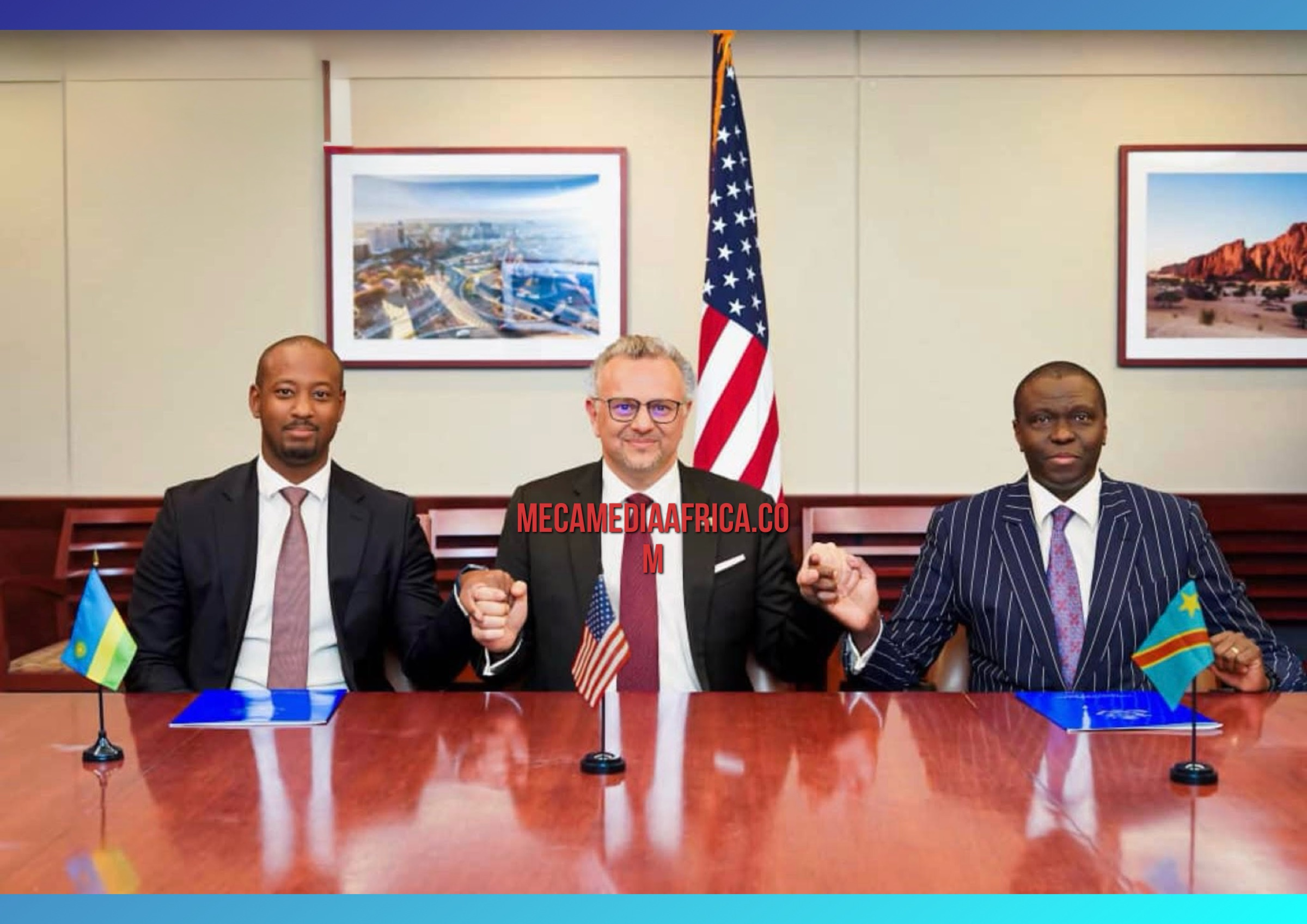DRC Backs Out at the Last Minute from US-Brokered Economic Deal with Rwanda
Description (SEO): In a dramatic U-turn in Washington, the DRC pulled out of an ambitious, US-brokered regional economic deal with Rwanda, hours before signing. Inside the stakes, timelines, and regional fallout.
Kinshasa/Washington — In a late-night twist in Washington, the Democratic Republic of Congo (DRC) withdrew at the eleventh hour from an ambitious economic framework with Rwanda that had been shepherded by the United States.
The move was revealed by Olivier Nduhungirehe, Rwanda’s foreign minister, who decried a “sudden reversal” by Kinshasa just as both sides were poised to initial the text.
According to Nduhungirehe, the decision followed instructions from President Félix Tshisekedi, citing concerns about Congolese public opinion and the political optics at home.
What Was on the Table? The CIER Blueprint
The shelved framework, dubbed the Regional Economic Integration Framework (CIER), was designed to operationalize the economic pillar of the broader US-facilitated peace track between Kinshasa and Kigali.
Key focus areas included:
- Mining governance & traceability (formalizing artisanal flows, compliance, and transparency)
- Infrastructure (roads/rail/logistics interconnectivity) tied to the Lobito Corridor initiative
- Energy cooperation and cross-border public health
- Industrialization and cross-border tourism
The CIER text was intended to complement earlier milestones: the June 27, 2025 Washington political agreement and the April 25, 2025 ministerial declaration of principles.
Security Track Separate: MCCS & CONOPS
Rwanda’s top diplomat stressed that security issues were treated in a different channel: the Joint Security Coordination Mechanism (MCCS), which convened in Washington on September 17–18, 2025.
There, stakeholders endorsed an operational concept (CONOPS) to:
- Neutralize the FDLR, a long-standing Rwandan Hutu armed group present in eastern DRC
- Gradually lift Rwanda’s “defensive measures” inside eastern Congo, subject to verifiable steps
- Enable ICRC access to detainees on both sides, as part of humanitarian confidence-building
Nduhungirehe dismissed media claims that Kinshasa had demanded “90% Rwandan troop withdrawal” as a pre-condition to signing the economic accord, calling it “a never-tabled pretext.”
Political Headwinds in Kinshasa
The last-minute pause underscores internal political sensitivities in Kinshasa, where any overt normalization with Kigali faces fierce scrutiny amid the ongoing M23/AFC conflict, displacement crises in North Kivu and South Kivu, and allegations of foreign interference.
A similar last-minute freeze reportedly occurred in Luanda in September 2024, when a joint plan on the FDLR was, according to Kigali, pulled back from signature by the Congolese side.
What’s Next?
- US mediation: Washington is expected to keep bridging diplomacy active to prevent a total breakdown between the two neighbors.
- Sequencing matters: Progress on security deliverables (MCCS/CONOPS) will likely dictate when economic normalization (CIER) can be revived.
- Domestic calculus: With public sentiment polarized, Kinshasa’s room to maneuver will hinge on perceptions of sovereignty, justice, and tangible security gains on the ground.
Key Background Links (Further Reading)
- Washington Political Agreement — June 27, 2025
- Ministerial Principles — April 25, 2025
- MCCS Meeting — Sept 17–18, 2025
- CONOPS Summary
- Lobito Corridor Brief
- FDLR Profile
- M23/AFC Explainer
- Eastern DRC Security Tracker
- Kinshasa Political Watch
- Kigali Policy Watch
Author: Mangwa
Read more: MecaMediaAfrica.com
Tags: #DRC #Rwanda #Washington #CIER #MCCS #CONOPS #LobitoCorridor #Kivu #Diplomacy #Mining #Infrastructure #Security #USMediation

